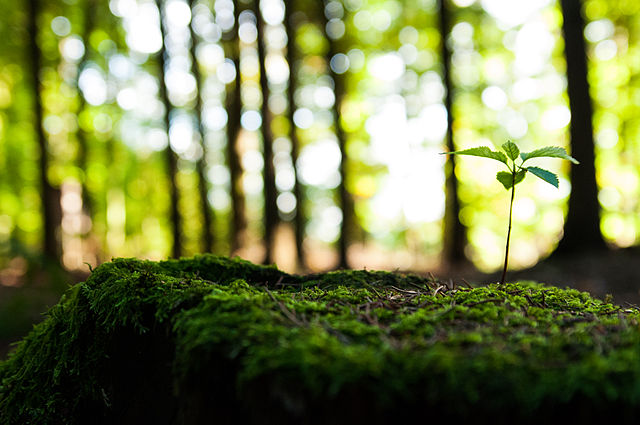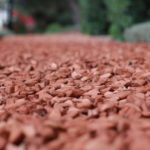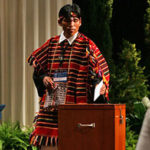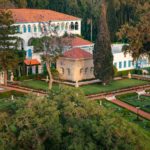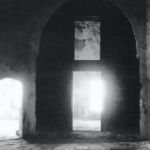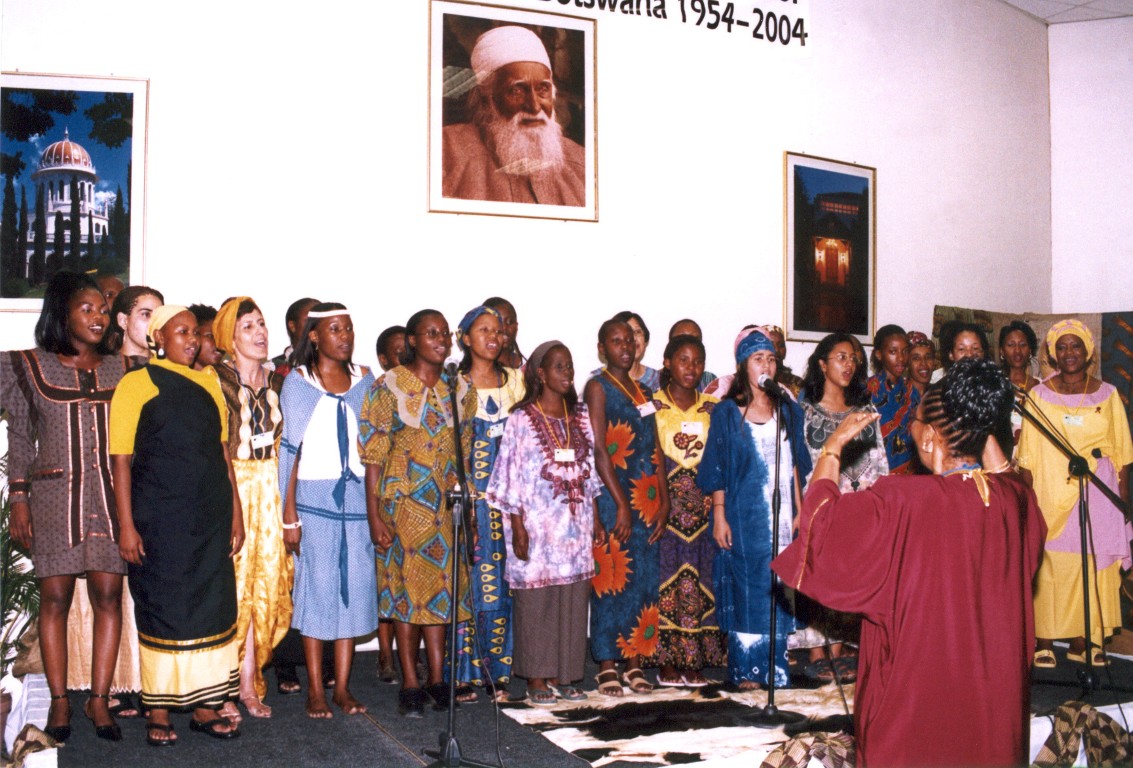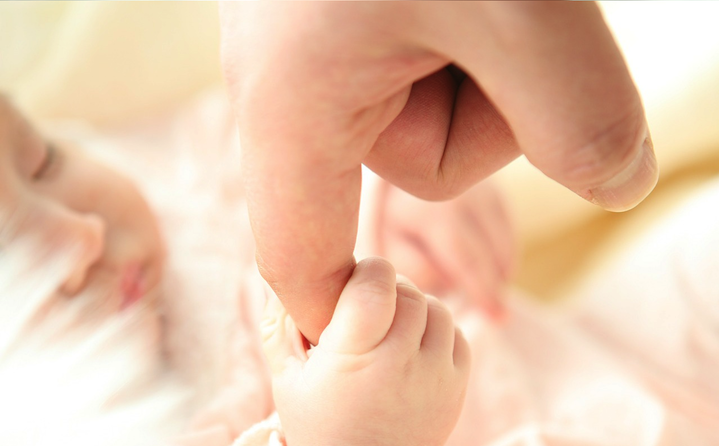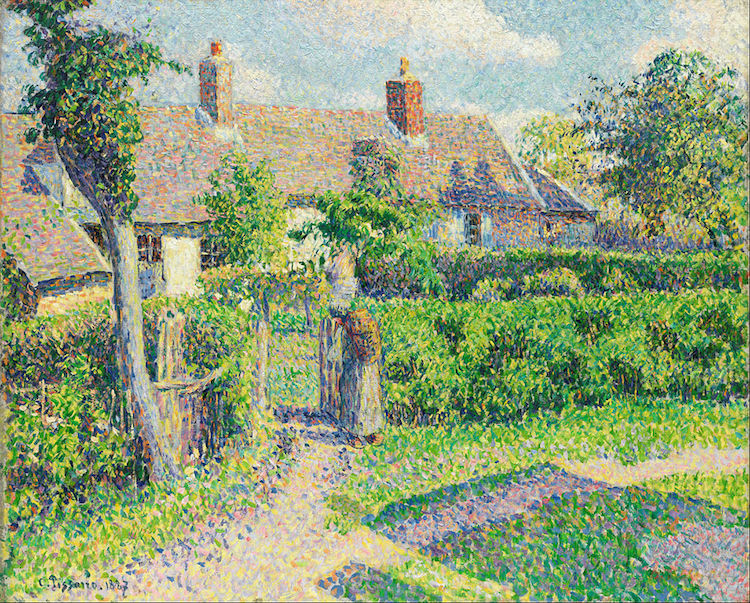
Beauty in the Universe and Ourselves

There is a beauty in the following verse from the Qur’an, which inspired the title for this article. It is sometimes translated as follows: “We will show them our signs in the universe and themselves, until it becomes manifest to them that it is the truth.” [Qur’an 41:53]
Beauty, is one of the many signs (or qualities) of God. In English and many other languages the word “beauty” is applied to qualities that we see in nature, in each other, the things human beings create and in the beautiful lives of outstanding human beings.
The image above is an example of impressionist art – a period of art which is studied in school art history. Its key idea was to try to capture light – without the use of lines. At least to my taste it captures and conveys a certain beauty. At the risk of displaying my prejudices the following work, from the cubist period seems to me to convey little beauty. It perhaps was not intended to. It is curious that this form of art evolved just before the descent of Europe into World War 1.
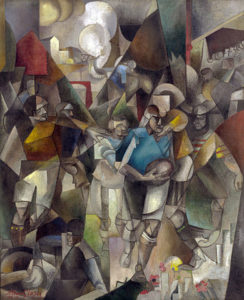
Perhaps the artists who created it sensed something of the anguish and ugliness that was to engulf the world. Impressionism was from a better time.
Be that as it may, as with beauty in art, we can express, or not express, beauty in our lives.
Baha’u’llah cites the quality of joy as an element of this beauty: Rejoice in the gladness of thine heart, that thou mayest be worthy to meet Me and to mirror forth My beauty.[1]
He writes that in the act of our creation God revealed to us God’s beauty.
I knew My love for thee; therefore I created thee, have engraved on thee Mine image and revealed to thee My beauty.[2]
Abdu’l Baha called on his listeners to manifest beauty in their actions:
… strive that your actions day by day may be beautiful prayers. Turn towards God, and seek always to do that which is right and noble. Enrich the poor, raise the fallen, comfort the sorrowful, bring healing to the sick, reassure the fearful, rescue the oppressed, bring hope to the hopeless, shelter the destitute![3]
And prayed for them that they might manifest spiritual beauty.
O God! … Bless them with heavenly minds. Increase their sincerity, so that with all humility and contrition they may turn to Thy kingdom and be occupied with service to the world of humanity. May each one become a radiant candle. May each one become a brilliant star. May each one become beautiful in color and redolent of fragrance in the Kingdom of God.[4]
We saw in “the Ornaments” that Baha’u’llah encouraged human beings to adorn themselves with beautiful qualities.
Even in the material expression of life – cleanliness, courtesy and refinement – Baha’u’llah encouraged a beauty.
Adopt ye such usages as are most in keeping with refinement. He, verily, desireth to see in you the manners of the inmates of Paradise in His mighty and most sublime Kingdom. Hold ye fast unto refinement under all conditions, that your eyes may be preserved from beholding what is repugnant both to your own selves and to the dwellers of Paradise.[5]
Be ye the very essence of cleanliness amongst mankind.[6]
The power of speech can also express beauty and again Baha’u’llah encourages a beauty in the use of language.
Beautify your tongues, O people, with truthfulness, and adorn your souls with the ornament of honesty. Beware, O people, that ye deal not treacherously with anyone. Be ye the trustees of God amongst His creatures, and the emblems of His generosity amidst His people.[7]
In our lives, our words, our appearance, in our inner beings we can choose to express beauty. The beauty that we see in the universe around us, we can choose to manifest in ourselves, that the truth of Baha’u’llah’s words may be evident to us.
Image Credits: Camille Pissarro [Public domain], via Wikimedia Commons. Peasant’s House Eragny, 1887.
By Albert Gleizes – wikiart, PD-US, https://en.wikipedia.org/w/index.php?curid=45282112
(This article is the 82nd in a series of what I hope will be 200 articles in 200 days for the 200th anniversary of the birth of Bahá’u’lláh. The anniversary is being celebrated around the world on 21 and 22 October 2017, The articles are simply my personal reflections on Bahá’u’lláh’s life and work. Any errors or inadequacies in these articles are solely my responsibility.)
